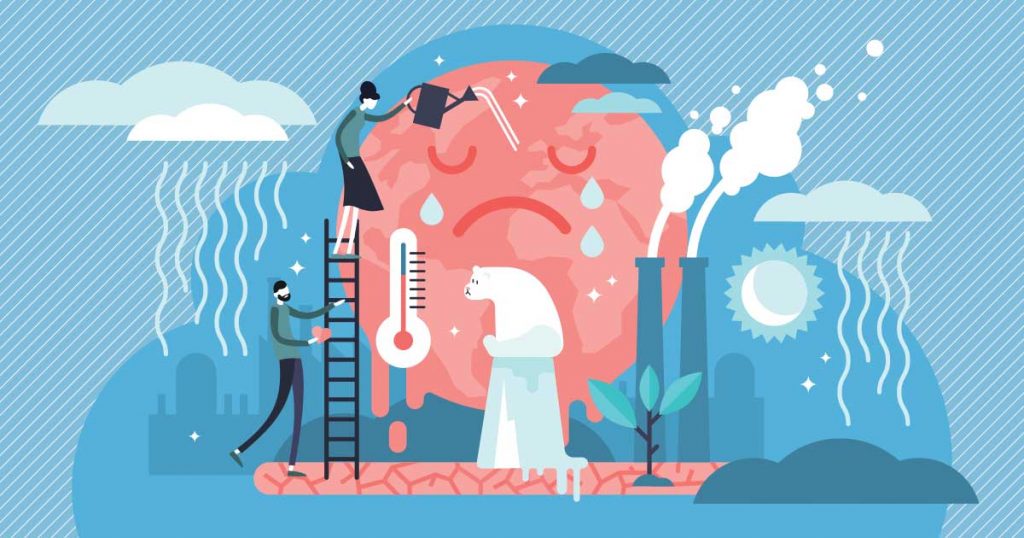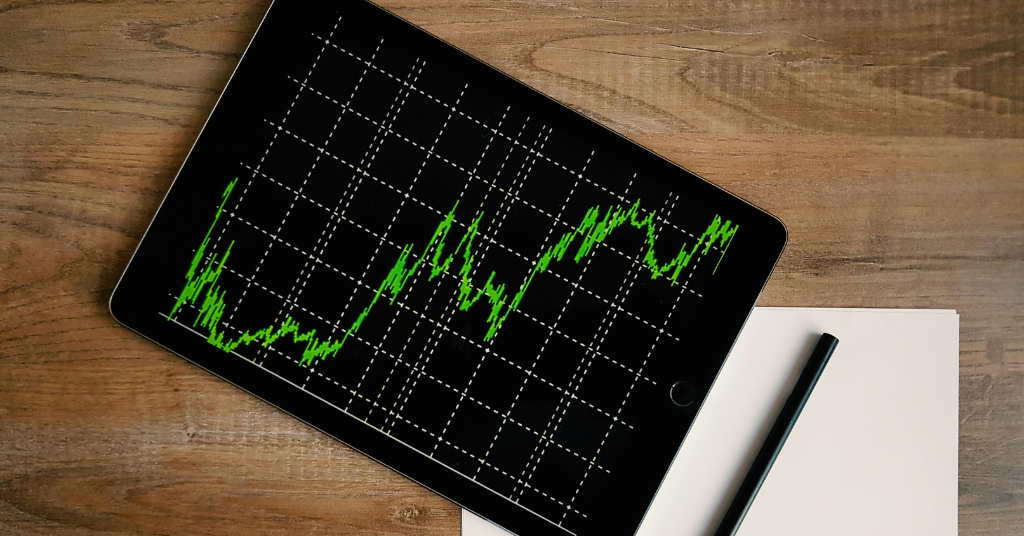The EU and the global community have also recognized the urgent need to address the climate crisis and, as a must, the transition to a carbon-neutral future. While the change presents a few challenges, it also offers significant economic growth and prosperity opportunities. Let’s briefly examine how carbon-neutral economies can make the most of sustainable development, promote innovation and create new job opportunities.
The transition
The foundation of a carbon-neutral economy lies in transitioning from fossil fuels to clean energy sources, in other words: investing in renewable energy technologies such as solar, wind, and hydroelectric power that can indeed stimulate economic growth.
By developing robust renewable energy industries, countries, and the EU, as a whole, can reduce their dependence on fossil fuel imports, enhance energy security, and create new employment opportunities in manufacturing, installation, and maintenance of clean energy infrastructure.
Both governments and players of the private sector can invest in other green infrastructure projects like energy-efficient public transportation systems, intelligent buildings, and innovative grid systems – investments that reduce greenhouse gas emissions, create jobs, and improve quality of life.
Green infrastructure also has long-term economic benefits, such as lower operating costs, reduced pollution-related health expenses, and improved productivity.
Transforming ‘business as usual: circular economy
First, transitioning to a circular economy can also drive economic growth while reducing carbon emissions (a circular economy aims to eliminate waste by promoting recycling, reusing, and repurposing resources).
Businesses and people can reduce resource consumption and create a closed-loop system by designing products for durability, recycling, and remanufacturing. This transition will need new business models, but there’s an opportunity to develop new job functions, e.g., innovative solutions for waste management.
Additionally, it’s the very nature of the circular economy to reduce reliance on raw materials, save costs, and enhance supply chain resilience through these.
Untapped territories
The need for technological advancements and innovation is the driving force behind many EU efforts and member states’ governments. Research and development in clean technologies, energy storage, carbon capture and utilization, and sustainable agriculture are just a few examples that can unlock economic potential – or even create new industries.
The shift requires substantial investment, but “green” finance mechanisms, such as green bonds, sustainable investment funds, and carbon pricing, can mobilize capital towards sustainable projects, offering competitive returns.
By aligning financial systems with environmental goals, involving private investment, and spurring economic activity, the transition to a carbon-neutral future can be accelerated.
Embracing a carbon-neutral future is not a threat; on the contrary: it’s an opportunity for sustainable economic growth. By challenging the status quo, economies can thrive while reducing their carbon footprint if policymakers, businesses, and individuals collaborate to seize opportunities.




